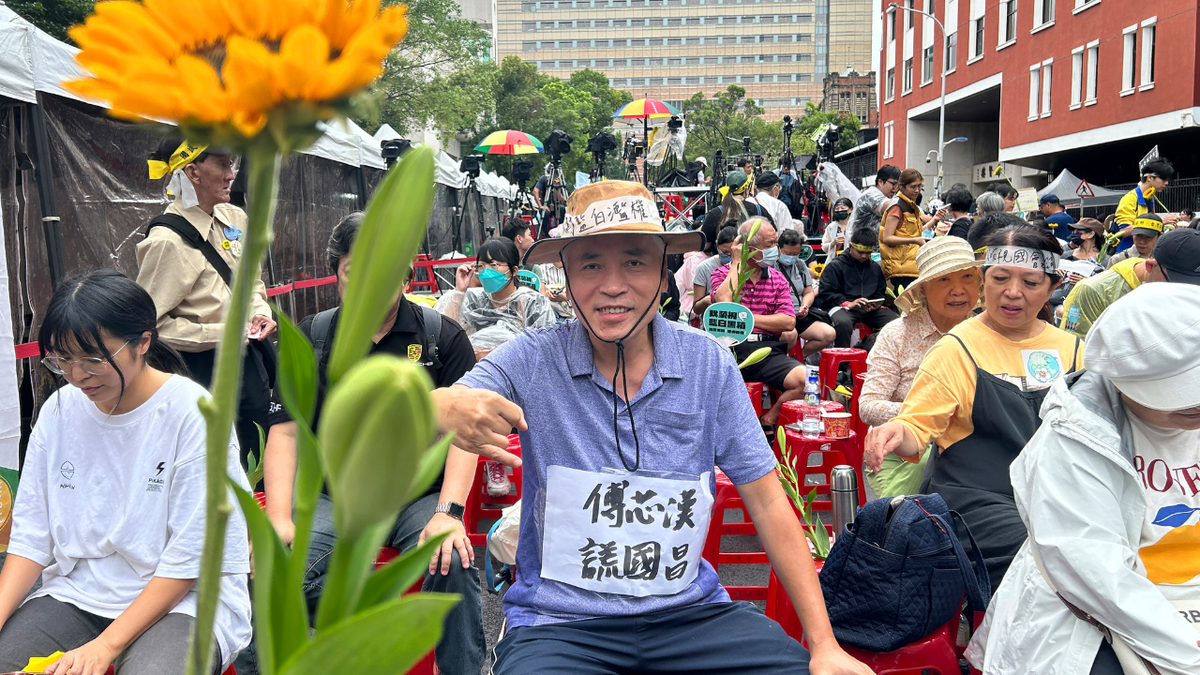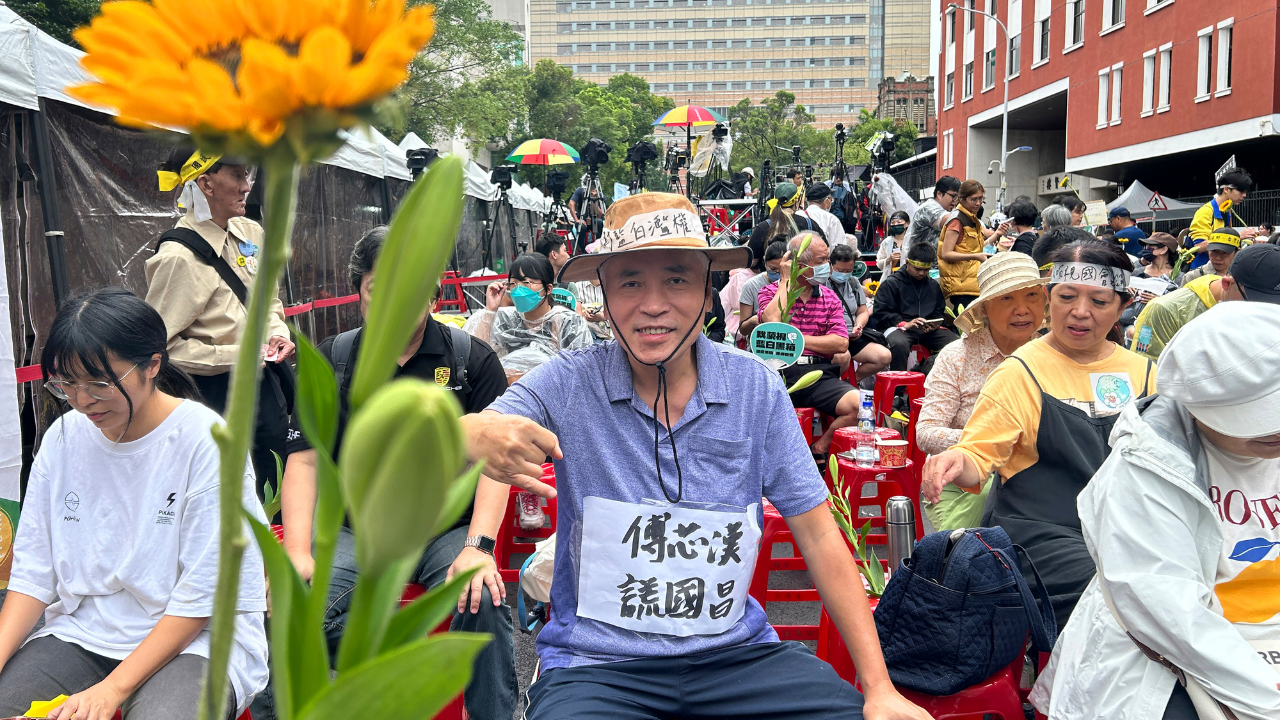
Taiwan experienced a significant political development on May 28, 2024, as the opposition-controlled legislature passed controversial measures that could limit the power of President Lai Ching-te. The legislation was met with intense protests from supporters of Lai and his Democratic Progressive Party (DPP.
The opposition parties, including the Nationalist Party and Taiwan People's Party, secured a majority in the legislature following January elections. These parties introduced bills that would expand their oversight powers over the government. The proposed changes include increased control of budgets, particularly defense spending, and greater authority to demand information from military officials, private companies, or individuals deemed relevant by parliamentarians.
The legislative amendments have been met with fierce opposition from Lai's supporters who argue that they undermine the democratic process and serve the interests of China. The Chinese Communist Party claims Taiwan as its territory and has long sought to exert influence over the island's political affairs.
Debates in the legislature were heated, with politicians jostling, shouting, and even engaging in physical altercations. Protests outside parliament remained peaceful but lively. Thousands of people gathered to voice their opposition to the proposed changes.
The passage of these measures marks a significant shift in Taiwan's political landscape and could limit Lai's ability to push through initiatives on domestic issues while potentially undermining efforts to maintain cross-party unity on defense priorities.
It is important for readers to be aware that sources may have biases, and it is crucial to consider multiple perspectives when forming an informed opinion. The events described in this article are ongoing, and further developments are expected.





